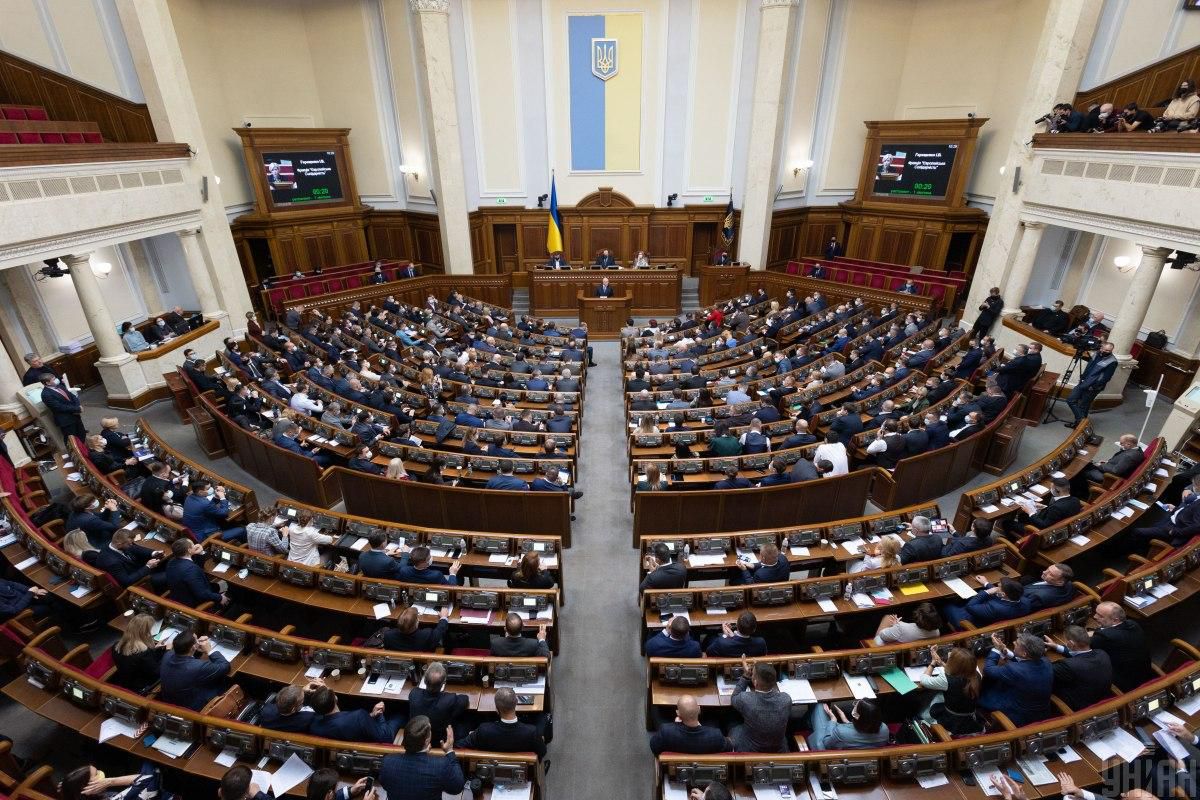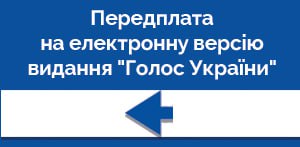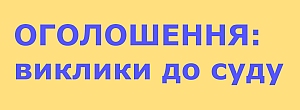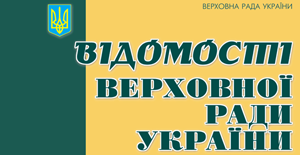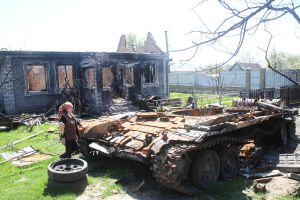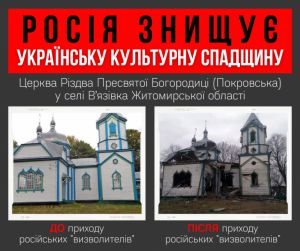Initiated by Chairman of the Parliament Ruslan Stefanchuk, the resolution to appeal to the world was backed by the overwhelming majority of the deputies present in the session hall.
The lawmakers called on the leading international organizations and partners to continue providing Ukraine with political support, to increase and speed up complex assistance including defense aid, and to step up the sanctions’ pressure on the Russian Federation.
The Ukrainian Parliament has condemned the ongoing military aggression against Ukraine which the Russian Federation began February 20, 2014, in the Crimean peninsula. The lawmakers said very strongly that they do not approve Russia’s aggressive rhetoric, ultimatums, blackmail and threats to use force.
The resolution emphasizes the inalienable right of Ukraine as a sovereign European state to choose and conclude its security agreements with partners of its choice including defense alliances. At the same time, the Ukrainian parliamentarians declared that the Ukrainian state seeks the peaceful settlement of the conflict provoked by the Russian Federation on the basis of full respect for the norms of international law.
The address to the international community was adopted on the same day when the Russian State Duma approved on February 15 the petition to President Putin requesting him to endorse the recognition of the self-proclaimed Donetsk People’s Republic (DNR) and the Luhansk People’s Republic (LNR). The petition was initiated by the deputies from the Communist Party. Following the voting in favor of this decision, Speaker of the State Duma Vyacheslav Volodin announced that the petition would be submitted to Putin “without delay.”
In response to this move of the Russian lawmakers, the Verkhovna Rada called on the international community do not recognize the independence of the illegal entities in the temporarily occupied areas of the Donetsk and Luhansk regions.
The Verkhovna Rada resolutely condemns any attempts of the Russian Federation to recognize the independence of the illegal entities that represent the occupational administration which the Russian Federation has established in the temporarily occupied areas of the Donetsk and Luhansk regions.
Commenting on the decision of the Russian State Duma, Foreign Minister Dmytro Kuleba stressed that the recognition by Moscow of the so-called “republics” would mean that Russia withdraw de facto and de jure from the Minsk agreements on the observance of which it insists. Kuleba said that Ukraine had already informed its partners.
Meanwhile, the Defense Ministry of Russia announced on February 15 the beginning of the pullout of troops of the southern and western military districts to the places of their permanent deployment. But military drills are still being held in many regions of Russia.
According to the official Kyiv, the de-escalation can be believed only when the real withdrawal begins. “Russia makes many different statements and announcements. That’s why we follow the rule ‘we will believe, when we will see’. We see the withdrawal, we believe in de-escalation,” Foreign Minister Kuleba stressed.
For his part, NATO Secretary General Jens Stoltenberg mentioned cautious optimism with respect to Russia’s announcements about its readiness to continue a dialog.
“There are signs from Russia that diplomacy should continue. This gives grounds for cautious optimism, but so far we have not seen any sign of de-escalation on the ground in and around Ukraine,” said the Secretary General.
Observers believe that it is still early to believe that Russia’s announcement about the beginning of the withdrawal from Ukraine’s borders is the end of a conflict between the Russian Federation and the civilized world.
Ukrainian journalist Vitaliy Portnikov claims that it is most likely a change of instrument. “We should remember that the main aim of Putin is to destabilize Ukraine in order to seize more Ukrainian lands, establish control over the Ukrainian states without great aggression and great sacrifices by the aggressor. And we should proceed from this axiom when we want to assess the current announcement of the Russian Defense Minister.”
On February 15, President Biden held a briefing dedicated to the situation in and around Ukraine. The American leader had this to say, “We are not seeking direct confrontation with Russia, though I have been clear that if Russia targets Americans in Ukraine, we will respond forcefully…
“We’re moving in lockstep with our NATO Allies and partners to deepen our collective defense against threats...
“Two paths are still open. For the sake of the historic responsibility Russia and the United States share for global stability, for the sake of our common future – to choose diplomacy. But let there be no doubt: If Russia commits this breach by invading Ukraine, responsible nations around the world will not hesitate to respond. If we do not stand for freedom where it is at risk today, we’ll surely pay a steeper price tomorrow.”
The newspaper Voice of Ukraine


